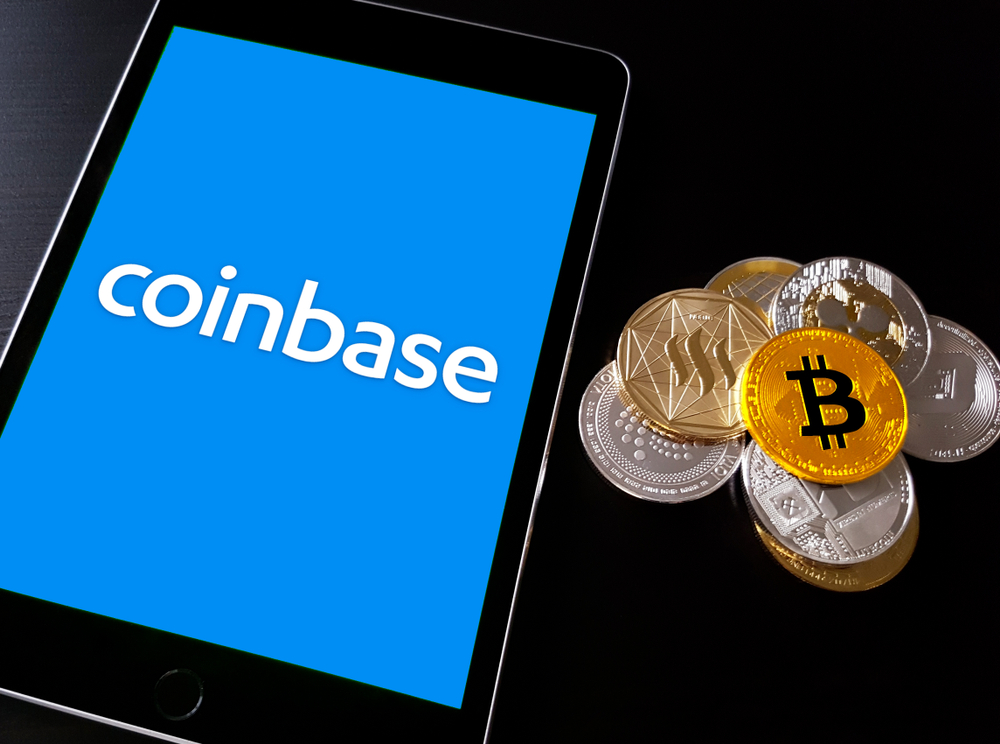Following Twitter’s complaints, Binance corporation changes the exchange’s account system. The CEO of the crypto trader, CZ, stated that the company does not wish to deal with indefensible clients.
The recent news
On December 9, cryptocurrency exchange Binance closed users’ accounts. This is a result of client upsets regarding the trader’s handling of possible money theft.
According to CZ, CEO of Binance, the company does not wish to deal with senseless clients. On December 12th, clients began complaining of misplaced money on Twitter.
The likelihood that a user hasn’t stolen the API key is extremely low, Mamba. The API key one made was used to complete the transaction. In any other case, one will only be billed for users who misplace their API code.
Users are still saying that on the media accounts, so the CEO of Binance acknowledged in a different tweet that he was reckoning optioning the client’s reports into the backdowns only.
The Twitter post was removed after some time, but a screenshot of it is still present in the media. Following that, the client’s personal wallet might be shut down, but the money could still be withdrawn within three days.
User tweets claim that 3Commas denied any database or log exploits and was not in charge of the stolen API keys.
The new decisions and the future management of the company
According to 3Commas Support, it was declared that based on the info available presently, the encoding method has not been settled and the company’s profile has determined that the safety of the information has not been compromised.
Binance now requires information regarding the identity of the aforementioned company’s API hacker to simplify the future investigation from the personal pages of the traders’ where one can make an offer just before the pump should be halted and looked into.
On February 13, the CEO of Binance verified that after getting the API codes with the other participants’ services, at least three users experienced unforeseen transactions on their accounts. The user was then instructed to remove the associated API code.







